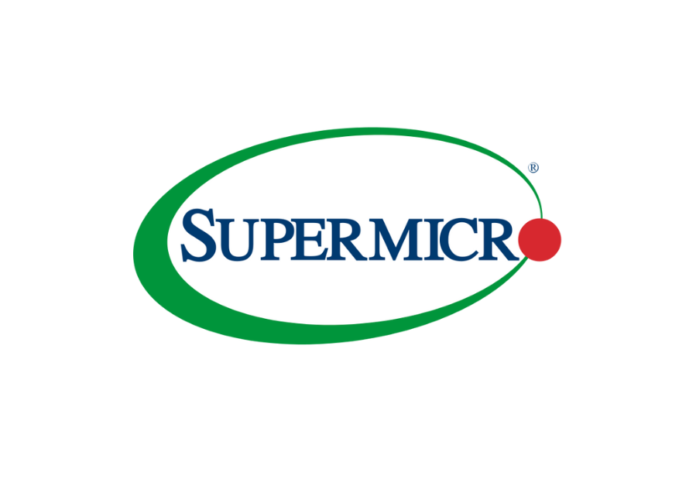Super Micro Computer, which will join the S&P 500 on Monday, has a distinct advantage over other server makers aiming to capitalise on the generative AI boom: Close ties with Nvidia allow it to deploy solutions faster than rivals Dell and Hewlett Packard Enterprise.
Super Micro Computer, which will join the S&P 500 on Monday, has a unique advantage among server makers looking to capitalize on the generative AI boom: tight relationships with Nvidia, which allow it to introduce solutions faster than rivals Dell and Hewlett Packard Enterprise.
The company (SMCI.O.), which has historically been among the first to receive artificial intelligence chips from Nvidia (NVDA.O.), opens a new tab, and Advanced Micro Devices (AMD.O.), opens a new tab, as it aids in the testing of server prototypes, giving it a competitive advantage, analysts and industry experts say.
This has helped the company become a significant provider of servers required for generative AI applications, sending Super Micro’s stock up 289% so far this year.
“Super Micro has designed a model that is extremely quick to commercialize. When Nvidia, AMD, or Intel release a new product, they often have the broadest product portfolio,” said Hans Mosesmann, an analyst at Rosenblatt Securities.
Super Micro’s sales more than doubled in the last three months of 2023, and analysts polled by LSEG forecast triple-digit percentage growth to continue until at least the September quarter of 2024.
Bank of America analysts predict the company’s share of the AI server market will expand to around 17% in 2026, up from 10% in 2023.
That optimism is mirrored in Super Micro’s expanding market value, which is now $60 billion, up from $5 billion prior to the debut of ChatGPT in November 2022.
The AI demand has also increased shares of Dell by 40% this year, including a gain of nearly 32% earlier this month after an enthusiastic annual projection. In 2024, HP Enterprise shares will be down approximately 1%.
Both Dell (DELL.N) and HP Enterprise (HPE.N) did not respond to questions for AI server go-to-market times.
However, the big surge implies that Super Micro is currently trading at 40 times projected profits, which is significantly higher than its PE of 15 in December, according to LSEG data.
An expensive PE valuation raises the risk of a selloff if Super Micro fails to meet future earnings expectations.
Analysts and industry insiders believe Super Micro is also benefiting from a surge in demand for liquid cooling technology from data center operators adopting considerably hotter and more power-hungry AI chips.
They also stated that the heat generated by processors used in AI servers has more than doubled and is expected to rise again in the next two to three years.
Super Micro’s technology, developed in-house, includes pouring cold liquid over a plate placed on top of a chip, which reduces power consumption by around 40% when compared to air cooling.
According to Ben Smith, product head at immersion cooling technology manufacturer Green Revolution Cooling, liquid cooling is expected to become the primary way of cooling servers by 2030.
However, HP Enterprise and Dell anticipate substantially lower usage of liquid cooling.
Analysts also noted that Super Micro may struggle to maintain its lead in AI servers when larger competitors move their focus to the industry, noting that the business has been offering its products at lower prices in order to acquire market share.
Also read: Women in the technology industry is constantly increasing, says Rajita Bhatnagar
Do Follow: CIO News LinkedIn Account | CIO News Facebook | CIO News Youtube | CIO News Twitter
About us:
CIO News, a proprietary of Mercadeo, produces award-winning content and resources for IT leaders across any industry through print articles and recorded video interviews on topics in the technology sector such as Digital Transformation, Artificial Intelligence (AI), Machine Learning (ML), Cloud, Robotics, Cyber-security, Data, Analytics, SOC, SASE, among other technology topics.






